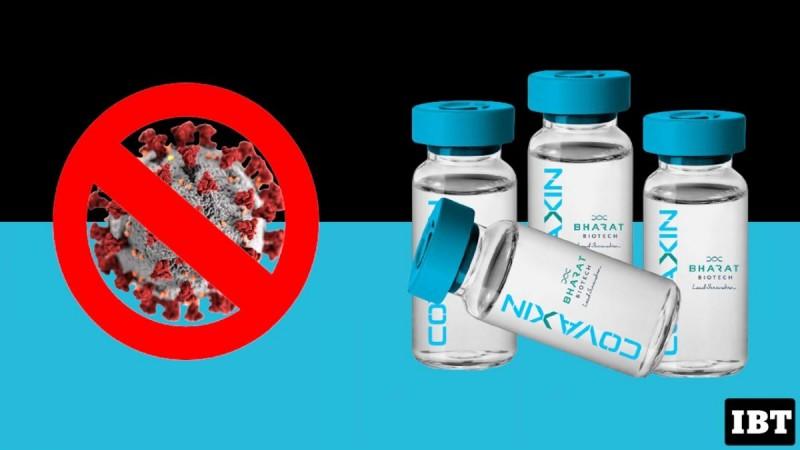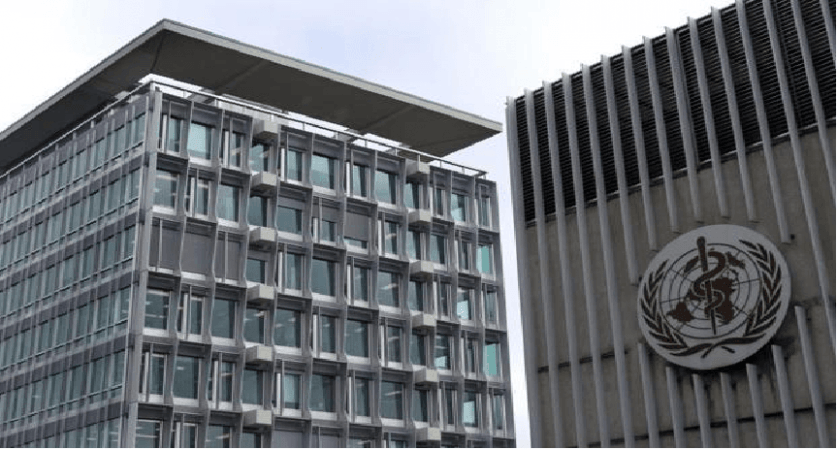As India's vaccination drive continues, citizens are either getting Covaxin by Bharat Biotech or Covishield by Serum Insitute of India (SII). But a recent report of Covaxin not being on WHO's triggered panic, which may cause hindrance in international travel. While the official word on the matter is awaited, government sources have given some reasoning as to why Covaxin is not on WHO's list and if it's a cause for concern.
ANI reported that a meeting with Bharat Biotech International Limited (BBIL) on the status of application for WHO's Emergency Use Listing (EUL) of COVAXIN was conducted, where it was noted that COVAXIN had already received regulatory approval from 11 countries, the sources revealed.
Furthermore, there has been interest from other 11 companies in 7 countries for technology transfer & production of COVAXIN. On the issue of WHO's authorization for EUL, BBIL noted that they had submitted 90% documentation required. The remaining is expected to be submitted in June 2021.

Bharat Biotech is confident about obtaining WHO EUL subsequently, given its experience of getting its other vaccines pre-qualified by WHO. Bharat Biotech is in the final stages of submission of required documents for COVAXIN's regulatory approvals in Brazil and Hungary, the sources revealed to ANI.
They've held extensive bilateral consultations with Hungary & Brazil. Bharat Biotech is in final stages of negotiations with the US's FDA for conducting small-scale Phase-III clinical trials in the US. BBIL clarified that all regulatory approvals have retrospective & prospective effect, the sources added.

BBIL is in regular touch with regulatory authorities in Hungary & Brazil. They're confident about the robustness of their dossier, as they've data for antibody persistence after 6 as well as 8 months. It's one of the few companies that published papers on all 4 Covid variants, they said.
It is important to note that no country has instituted a vaccine passport. Countries have their own requirements for approval, which in most cases involves travel by carrying a negative RT-PCR report, the sources concluded.
(With ANI inputs)








